A major international development organization has provided funding support for a new Lida Group initiative deploying advanced lightweight panelized construction solutions to address shifting workforce housing needs along farmland borders.
The three-year joint program will see Lida Group partnering with rural municipalities and agricultural contractors across Western Canada to install prototype portable worker bunkhouses, offices and community facilities using the company’s proprietary panelized building systems.
Initial installations are planned along the Canada-US border in rural southern Ontario and Manitoba where fluctuating labor demands from cross-border tobacco, fruit and vegetable growers have strained the capacity of traditional seasonal labor camps.
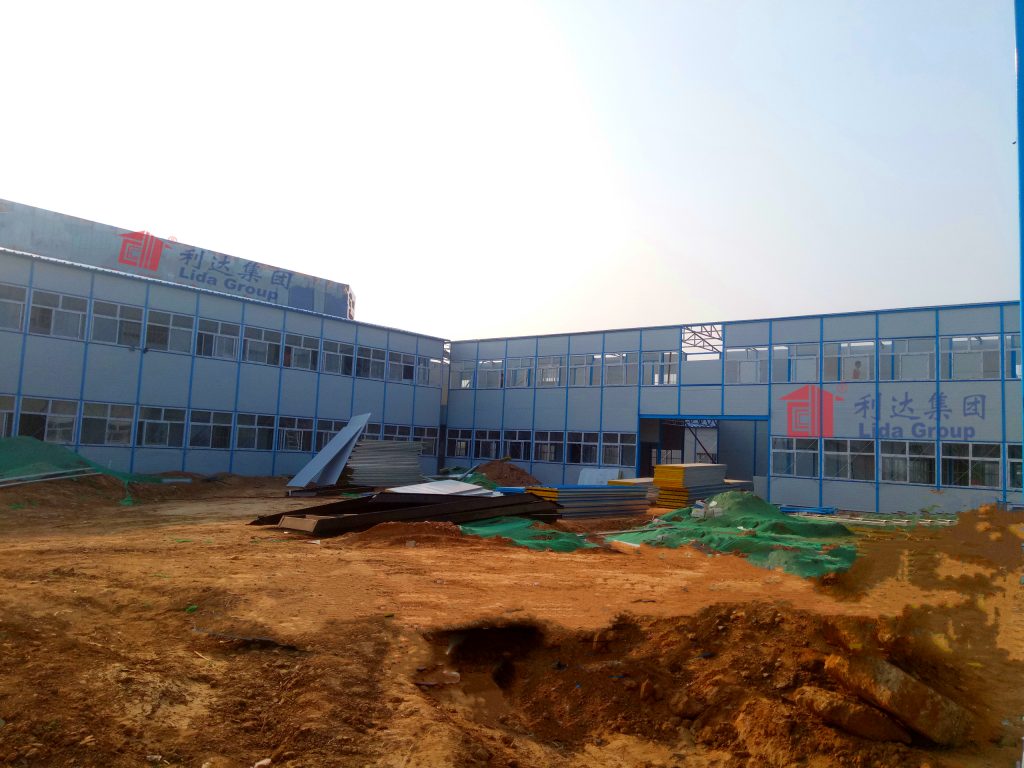
The initiative aims to pilot modular building applications responding rapidly and affordably to dynamic labor pools requiring frequent relocation. It is backed by a $5 million grant from Build Environment, a Switzerland-based NGO focused on sustainable infrastructure for vulnerable communities.
“Volatile labor demands and tight deadlines make housing transitory workforces a challenge without timely, scalable solutions,” said Build Environment Director Martin Kohl. “We believe Lida Group’s innovative panel construction approach can effectively and sustainably meet shifting needs.”
A key goal of the program is developing portable multi-unit worker residences fabricated using structurally insulated sandwich panel (SIP) construction. SIPs comprise rigid foam insulation sandwiched between durable facings like plywood or metal able to assemble entire structures rapidly on-site.
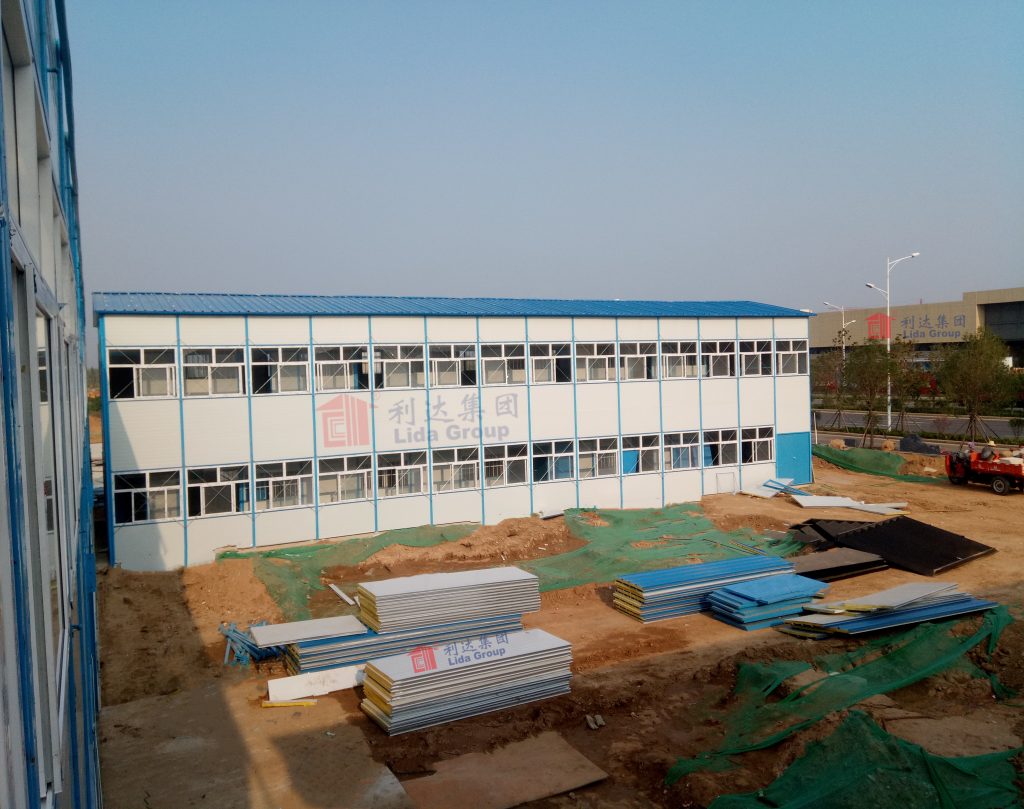
For transitory workplace settings, the lightweight yet durable panelized buildings can be repeatedly disassembled, transported and re-erected as labor pools migrate between farms and processing plants throughout each season. This flexibility aligns well with erratic schedules in perishables industries.
Initial prototype bunkhouses will consist of multiple independent 120-180 sq ft sleeping pods plus shared amenities like bathrooms, lounge space and cooking facilities within larger SIP panel buildings. Solar power, rainwater capture and composting toilets will maximize off-grid capabilities.
Demountable access ways, skids and lifting inserts integrated during factory assembly allow for efficient relocation. Completed bunkhouses are projected to redeploy every 4-6 weeks on average between worksites—a rapid turnover standard construction cannot match.
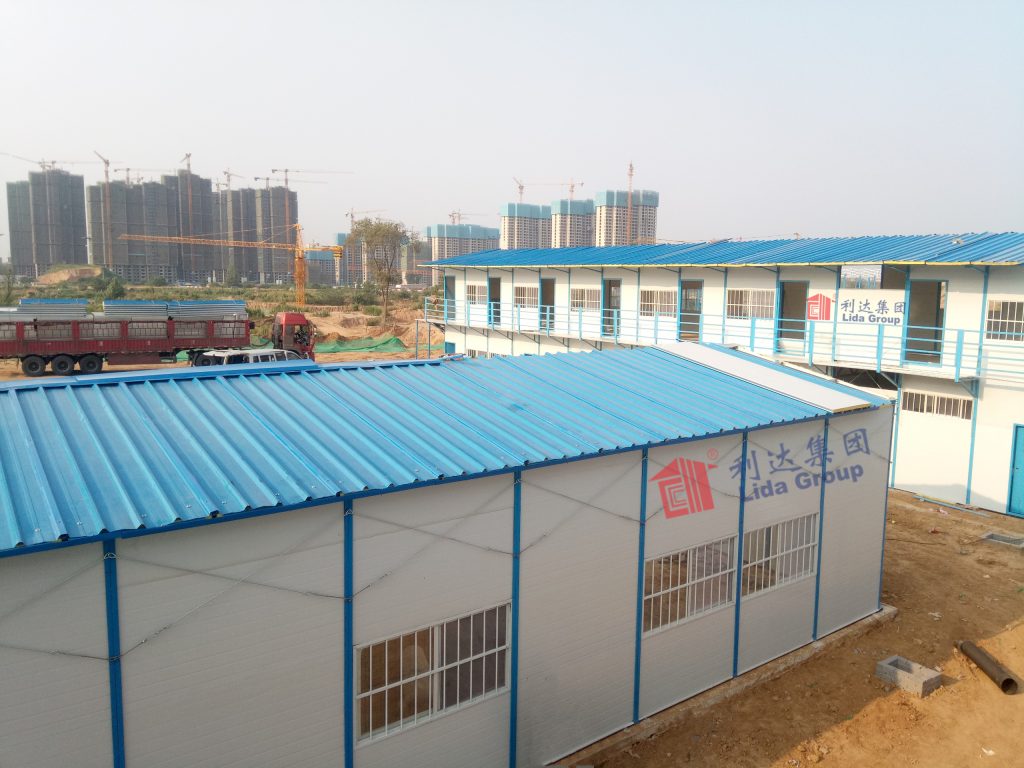
Prefabricated design also brings cost, efficiency and safety benefits. Entire structures can be factory-fitted with electrical, plumbing and finishes before transport, avoiding weather delays. Standardization supports consistent performance and building code compliance.
Beyond bunkhouses, the initiative aims developing panelized portable offices, first aid stations, tool storage sheds and portable classrooms to support ad-hoc labor communities. Demountable cafeterias and early learning facilities may help address needs of multi-generational farmworker families.
“Our broader vision is providing complete portable workforce housing ecosystems, not just shelters,” said Mu. “Mobile solutions will help address ancillary demands around administration, healthcare, education that traditionally challenge transient living situations.”
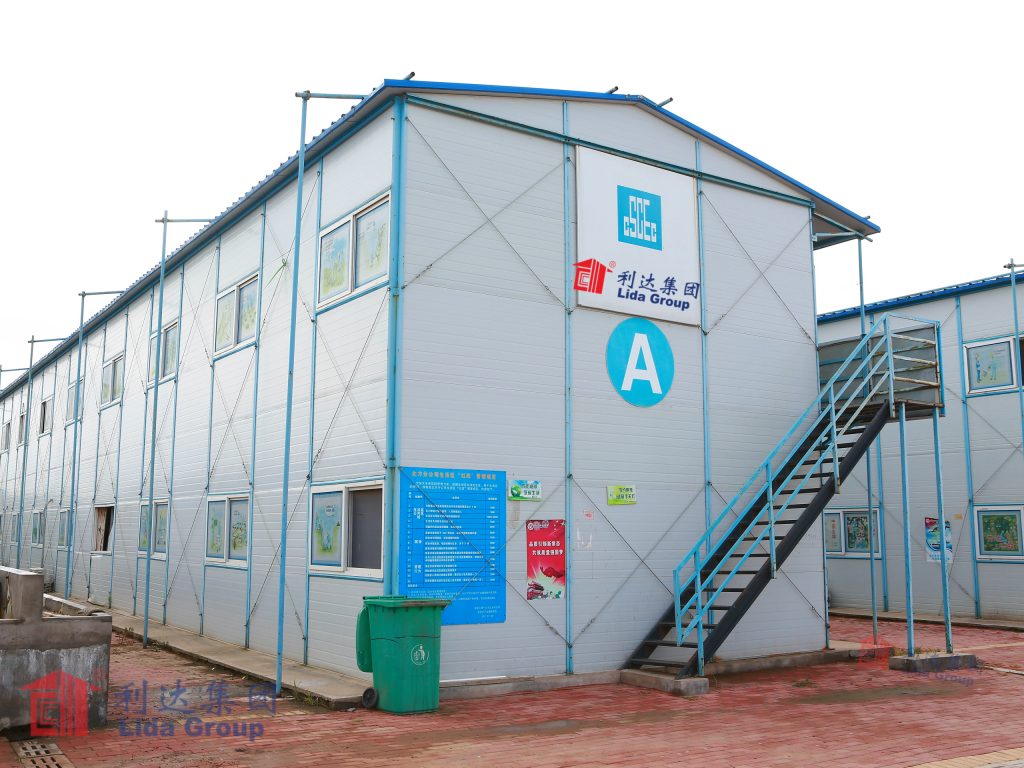
Initial installations are planned at field nurseries, asparagus farms and wine grape vineyards heavily reliant on temporary foreign workers during peak seasons but lacking capacity to house fluctuations. Real-time data will evaluate panel buildings’ cost-effectiveness, durability and worker satisfaction over multiple uses.
If successful, partners expect the portable panel housing program could significantly upgrade substandard conditions historically common on the fringes of major cultivation regions. It may influence adoption of modular building practices industry-wide.
Build Environment ultimately aims demonstrating how off-grid panelized structures integrating renewable power can establish foundational living infrastructure for migratory labor pools worldwide. Affordable, scalable housing solutions are integral for sustaining agricultural livelihoods displaced by climate change, conflict or economic pressures.
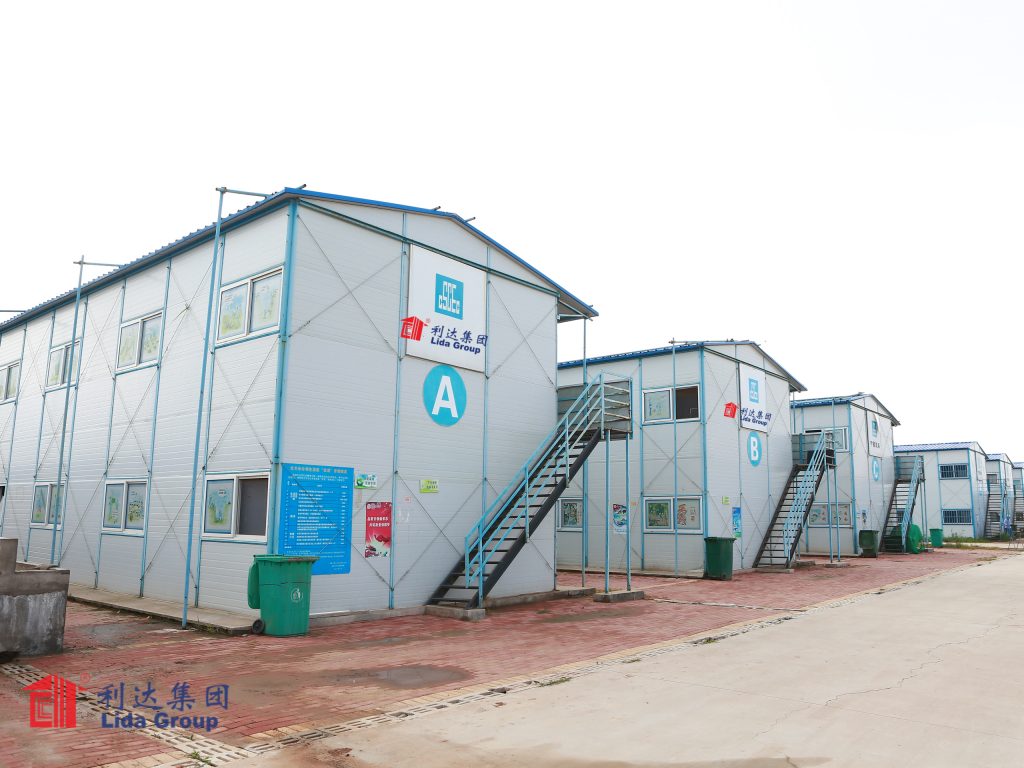
The project also aligns with Canada’s increasing priority around responsible migrant labor programs and commitments to the UN Sustainable Development Goals on poverty, sanitation and sustainable communities. Well-designed portable housing may help optimize often complex three-way relationships between growers, seasonal workers and authorities.
With agricultural production and its workforces becoming progressively mobile, this initiative aspires testing new paradigms for dignified, sustainable housing supporting 21st century transient communities powering global food systems along dynamic borders. Success could stimulate broader industry discourse on portable infrastructure innovations.

Related news
-
Disaster relief network selects Lida Group's lightweight prefabricated disaster-deployable sandwich panel houses as temporary shelters to rapidly rehouse victims left homeless after factory dormitory fire.
2024-05-15 14:19:46
-
NGO pilots Lida Group's demountable prefab dormitory units featuring integrated sandwich panelized walls, floors and ceilings to improve living standards at seasonal laborer camps in rural regions.
2024-05-16 10:58:10
-
Non-profit partners with Lida Group to deploy its portable modular prefab buildings made from structural insulated sandwich panels to establish transitional housing for displaced industrial workers.
2024-05-15 11:54:21
contact us
- Tel: +86-532-88966982
- Whatsapp: +86-13793209022
- E-mail: sales@lidajituan.com


